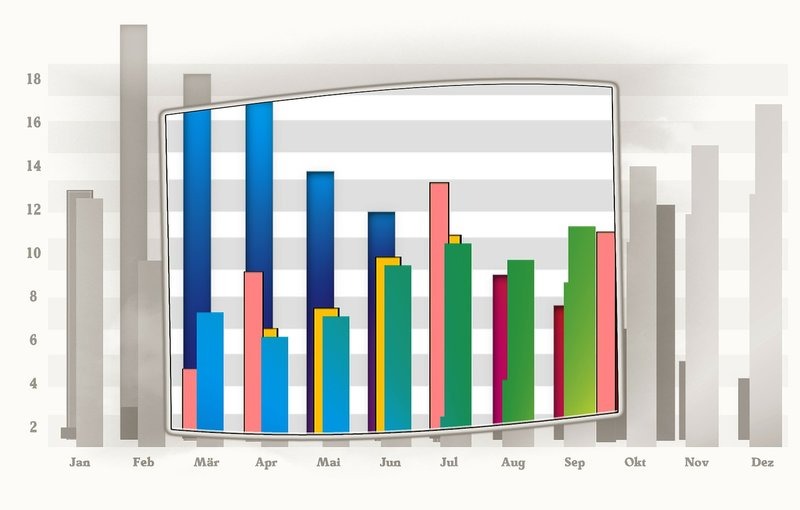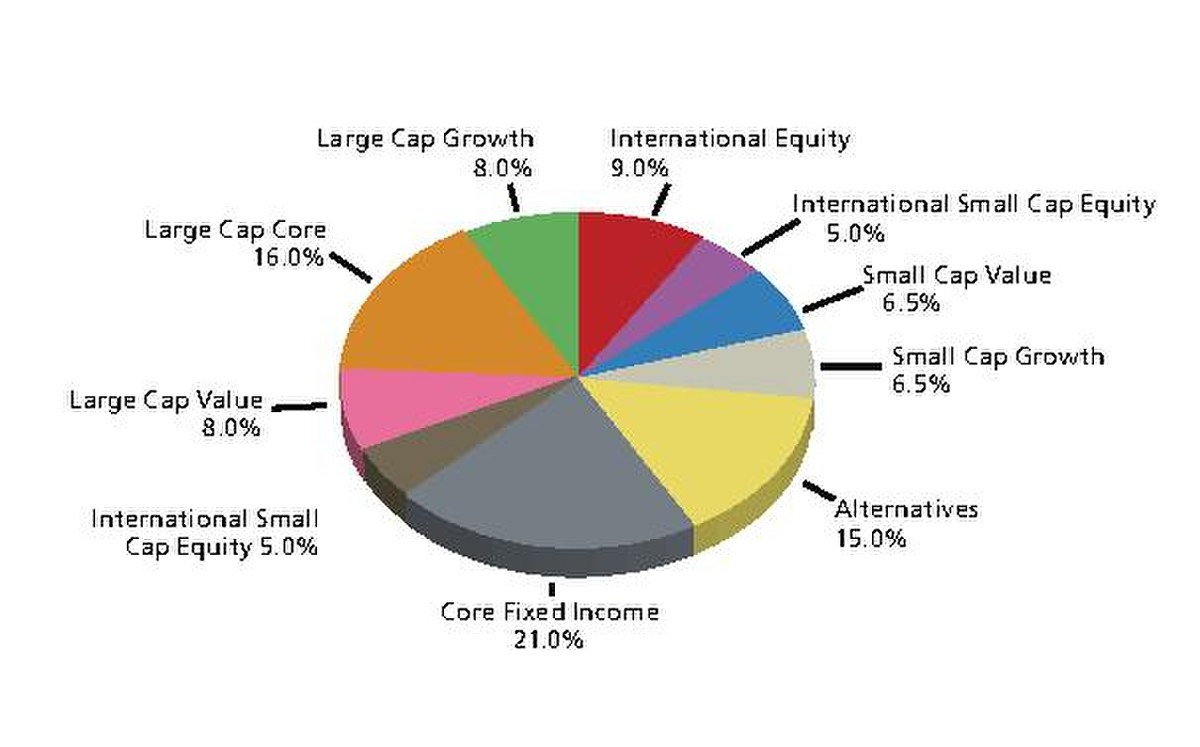One of the questions I am asked most often is: “What should I invest in?”Although the correct answer depends on a number of factors, including your risk tolerance, financial goals and more, I have slowly converged on a particular asset class: stocks/shares. I have always been a fan of investing in stocks (via index funds/ETFs) and I am becoming more and more convinced of this over time.
But my reasoning for why I prefer stocks to most other risky assets has changed. Historically, if you asked me why I liked stocks, it was because they were an easy way to get exposure to some of the best companies in the world. With very little effort on your part, you can become a co-owner of a large number of global companies that help you create wealth while you sleep. What’s not to like?

Although this logic is still valid today, my reasoning for preferring stocks to other asset classes has evolved. The problem has nothing to do with what actions give you, but with what they do not give you. What I’m talking about are high fees and predatory investment practices. Unlike other asset classes where high fees and lack of transparency are the norm, this is much less common when it comes to buying stocks.
And we have one person to thank for this development: Jack Bogle. Jack, who was the founder of Vanguard, has done more than anyone to reduce fees in the investment industry. According to Eric Balchunas of The Bogle Effect, retail investors have saved more than few trillion in total thanks to Bogle’s efforts. Bogle not only reduced fees for Vanguard investors, but he also inadvertently reduced fees for the rest of the investment management industry. This is why we all have access to easy and inexpensive diversification via stock index funds/ETFs nowadays.
To give an idea of the value that Bogle has saved investors, consider this graph (by Eric Balchunas) illustrating the market share of industry assets and Vanguard’s industry revenues over time:

How many companies can you name that have steadily increased their market share for more than three decades without increasing their share of industry revenues? Outside of Vanguard, I don’t see any of them. This is the “Bogle effect” (as Balchunas calls it) in action. By reducing fees, Vanguard was able to capture an increasing share of the market without extracting an increasing share of the fees from its customers. As a result, the rest of the investment industry had to follow suit.
Unfortunately, there has never been a Jack Bogle for real estate, private equity or many other asset classes. As a result, the costs of accessing these asset classes have remained high compared to equities. Although Bogle’s influence has probably led to some rate compression on all assets, the rate reductions in private markets are not as significant as those observed in public markets over the last half century.
That’s why I think stocks have an advantage over most other asset classes today. Because many of the things that used to prevail with equity investing (and still prevail today among other asset classes) are no longer a problem. By investing in stocks today, you can achieve market performance without paying high management fees, a large sales charge or other phantom costs. As Jack Bogle once said: “When you invest, you get what you don’t pay for.”
Unfortunately, you still pay a lot when you invest in private equity, agricultural land and many other asset classes. Although these asset classes may offer advantages that make these additional fees worthwhile (for example, diversification, higher yields, etc.), there are no guarantees. You can theorize about the future returns of the different asset classes all you want, but the only thing you are sure of is the fees you will pay along the way. Therefore, by avoiding these higher fees, retail investors should get a higher return on the shares, all other things being equal.

Of course, some will say that not everything else is equal. Some may also argue that the lower fees associated with investing in stocks have already been “discounted”.”After all, as rates fall, wouldn’t we expect stock prices to rise accordingly? I wrote about this exact topic before when I was discussing why today’s higher stock market valuations make sense.
But how will we know when all the inexpensive juice in stock will be sold out? We won’t do it exactly, but I think we would see some kind of underperformance of stocks compared to most other asset classes. Fortunately, this underperformance has not yet materialized.




